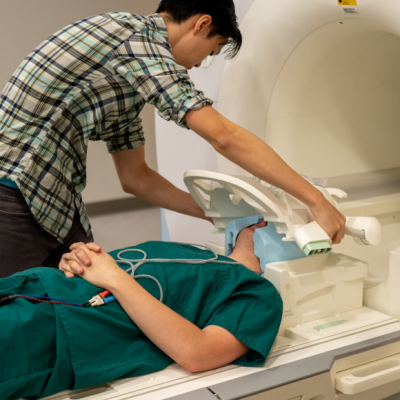Wolf puppies have been found to be much harder to tame than their canine counterparts, and biologists have discovered why. The reason lies in the development stage of the so-called imprinting phase of the puppies. Kathryn Lord, a US biologist from the University of Massachusetts in Amherst, reports that wolf puppies perceive their environment differently from dog puppies, and as a result, they never become as trusting as dogs. This is due to the different rates of development of their sensory organs. Although wolves and dogs are genetically very closely related, experiments have shown that young wolves find it much more difficult to become familiar with other living beings and to overcome their fears of the unknown. In the journal Ethology, the biologist reports on her experiments and research findings.
Hounds have learned over the years to communicate with humans and form a close bond with them. Wolves, on the other hand, are fearful and unpredictable throughout their lives, even if they have been raised by hand. Lord has now discovered why this is the case in a scientific study. The reason for this difference in behavior lies in the early imprinting phase of the puppies. Wolves begin exploring their environment as early as the second week, while dogs do not do so until the fourth week. During this period, both species enter a four-week phase of socialization, during which they learn which living beings and objects belong in their environment and which do not.
Lord examined the senses of 43 young wolves and 43 young dogs for differences in development. She exposed the animals to unfamiliar smells and sounds and showed them new objects repeatedly. The result of her study was that puppies of both species develop their sense of smell at about two weeks of age. Only later do the animals use their hearing and eyesight. This means that young wolves explore their environment blindly during the important imprinting phase and can only rely on their sense of smell during this time. When the other senses are added, the wolf’s socialization phase is almost complete. Since the wolves did not have the opportunity to become familiar with sounds and objects, they appear threatening, explains the biologist. Dogs already have all their senses during the socialization phase. For this reason, dogs can already form a complete picture of their environment at a young age and learn to get along well with humans, birds, horses, and even cats.










